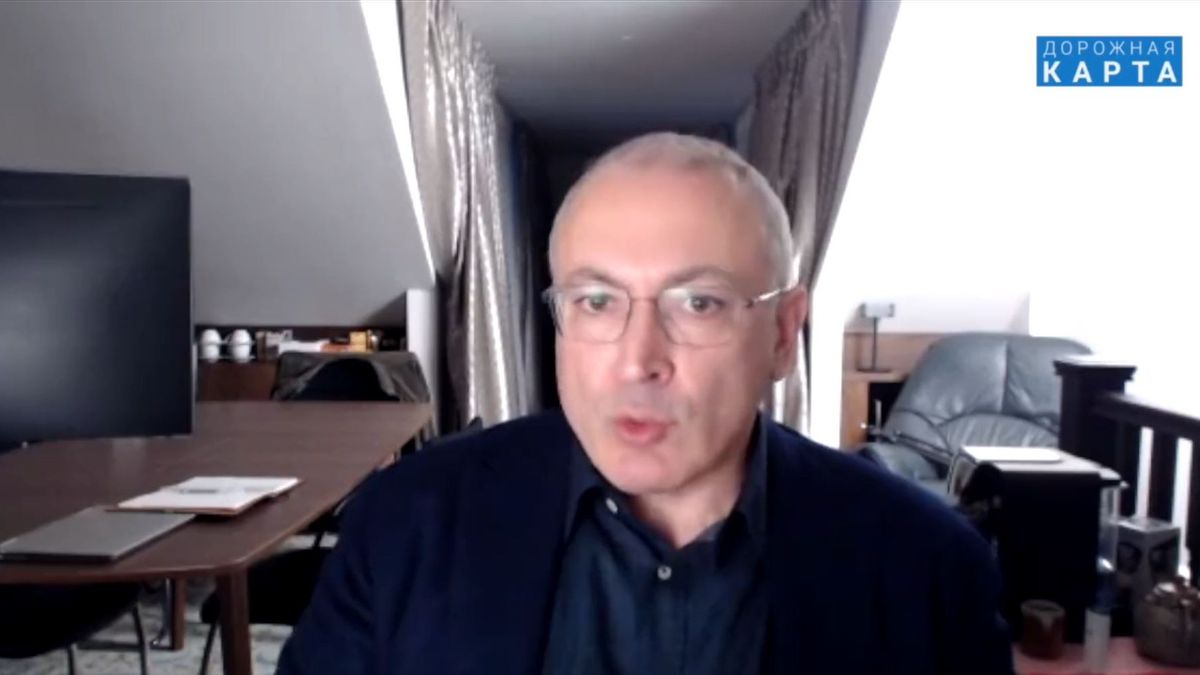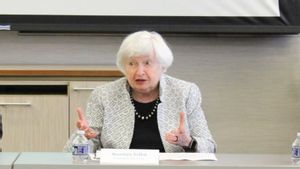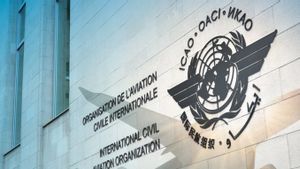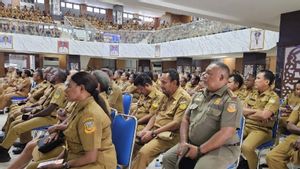JAKARTA - A Russian legislator who is one of the authors of the bill to legalize cryptocurrency mining in the country is accused of being tied to a local over-the-counter (OTC) exchange known as Bankoff.
Russian opposition activist Mikhail Khodorkovsky linked Bankoff OTC with lawmaker Andrei Lugovoi in an investigative project article at the London-based Dossier Center on December 19.
The article 6,000 words was accompanied by a video entitled Crypto-Kremlin: How the authorities wash Bitcoin, released on Khodorkovksy's YouTube channel.
According to Dossier, Bankoff is the most active peer-to-peer trader to use Russian rubles on Binance's main global crypto exchange.
As previously reported, Binance continues to serve unsanctioned Russian people even though the European Union banned all crypto transactions for Russia last October. The OTC Bankoff platform only receives cash from customers and has almost no Anti-Money Laundering or Know Your Customers (KYC) controls.
The merchant office is reportedly on the 65th floor of a building in the skyscraper district of Moscow City. The place belongs to the Bratsk Electricity Network, a company that distributes electricity around the city of Bratsk in eastern Russia, which is a cryptocurrency mining center in the country.
According to Dossier, Bankoff can earn up to US$20,000 (Rp312.2 million) every day with commissions of up to 4% of user crypto transactions. Lugovoi's wife, Ksenia Lagovaya, has also been on the Bratsk Electricity Network since 2018.
A statement made by her husband and said to be shown in the video Dossier shows that Lugovaya has revenue of 29.6 million rubles, or approximately USD 400.000 (IDR 6.2 billion), in 2021 without a source of revenue other than the power company Bratsk.
Dossier's articles and videos also explain how Dossier's representative allegedly converted 100,000 rubles (Rp 21.8 million) at Tether using the approved Russian crypto exchange Garantex.
The representative was reported to have been able to send USDT from Garantex to Binance and then managed to transfer it to an account on UK-based Wise fintech, allowing the distribution of the money despite sanctions from the United States.
Such a scheme not only allows Russian government officials to avoid sanctions, but also generate money for them:
"That doesn't prevent Russian officials and members of security forces from using cryptocurrencies not only to take millions of people abroad, but also to make money by doing so. People who are under the attention of law enforcement agencies around the world have long been tied to this," said Dossier, quoted by Cointelegraph.
Although it appears to benefit from the crypto itself, Russian lawmakers have actively opposed the idea of crypto investment by the general public. The Russian government has not legalized local cryptocurrency exchanges, while the central bank has taken a firm stance on crypto investments.
In addition to supporting one of Russia's largest crypto OTC platforms, Lugovoi is known for developing local cryptocurrency laws. He is one of the authors of the cryptocurrency mining bill introduced to Russia's lower house of parliament on November 17.
Lugovoi started his political career after he was involved in the poisoning of former Russian security service officer Alexander Litvinenko in England in 2006.
The English, Chinese, Japanese, Arabic, and French versions are automatically generated by the AI. So there may still be inaccuracies in translating, please always see Indonesian as our main language. (system supported by DigitalSiber.id)













